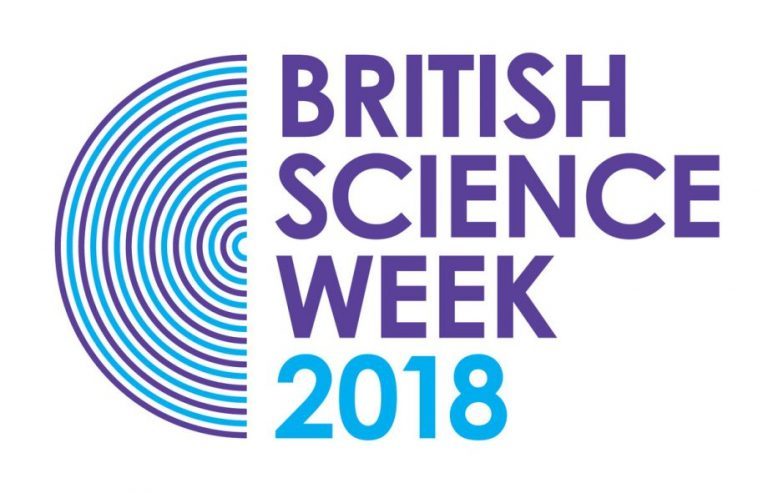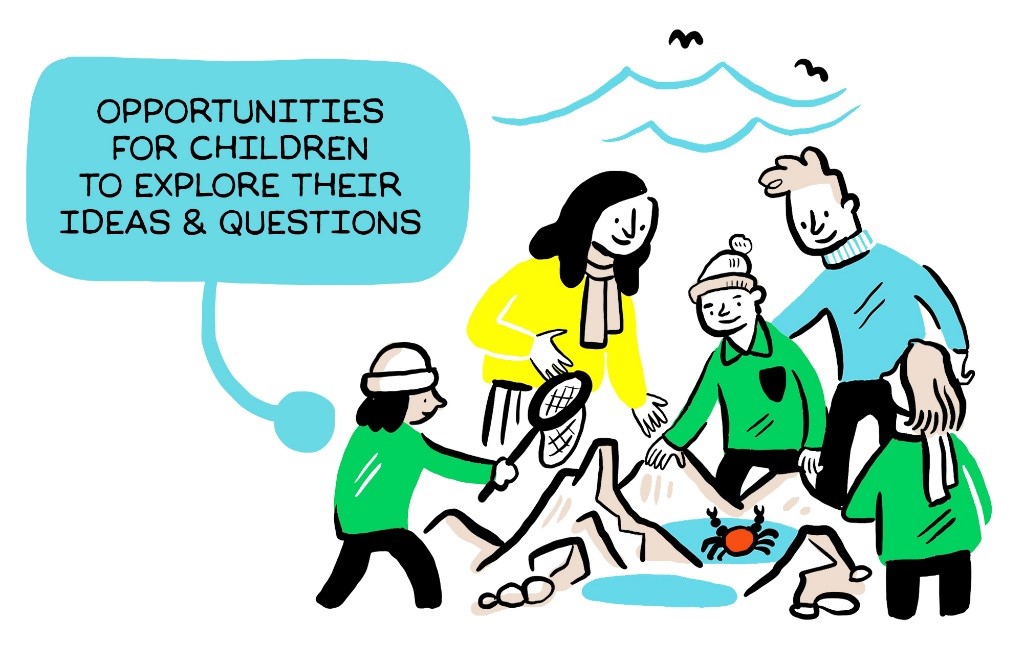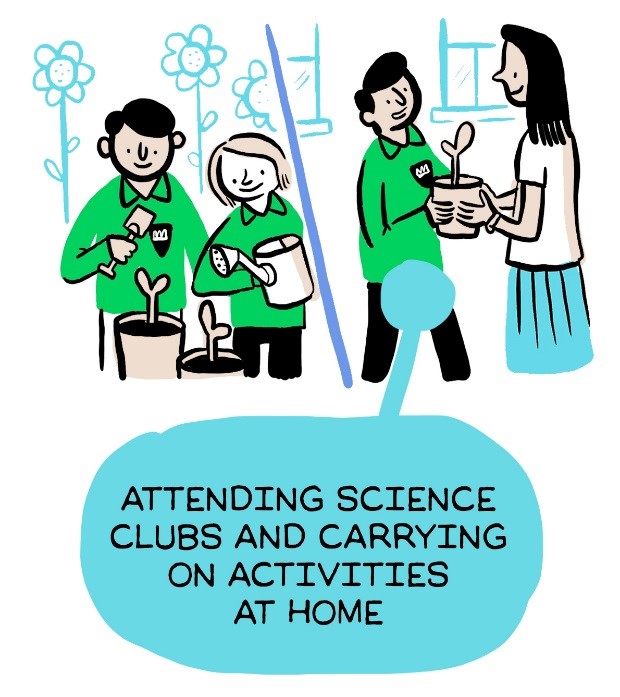 British Science week is here – a ten-day programme of science, technology, engineering and maths events and activities across the UK for people of all ages, beginning 9th March 2018. For information about events happening near your school and for great ideas for STEM activities to do in school go to the British Science Week website: www.britishscienceweek.org/
British Science week is here – a ten-day programme of science, technology, engineering and maths events and activities across the UK for people of all ages, beginning 9th March 2018. For information about events happening near your school and for great ideas for STEM activities to do in school go to the British Science Week website: www.britishscienceweek.org/
British Science Week is great – it’s a real inspiration to children, teachers and families to do more science. And research led by Professor Louise Archer at UCL is helping us to understand how it is a combination of the science children know, how they think about science, who they know (e.g. if their parents are very interested in science) and what sort of everyday engagement they have with science that makes the difference to whether or not they think science is for them. This concept is called science capital. Louise uses the metaphor of a holdall containing all the science-related knowledge, attitudes, experiences and resources that we each acquire through life to explain how we amass science capital, and therefore make positive decisions about engaging with science.
British Science Week offers a myriad of possibilities to fill children’s science capital holdalls, including:
- inviting parents in talk about science related jobs and hobbies
- visiting local science museums
- attending special science week events hosted by industry and universities including Big Bang Fairs
- planning a science week timetable of lessons that are firmly linked to context that children relate to in the everyday lives (for example Snap Science Y5 chemistry modules have lessons about bikes, contaminated water and nappies!)
- broadening your school vision of what science is by promoting children’s curiosity and valuing their questions and ideas
But why restrict developing children’s science capital to British Science Week only? Every week should be a Science Week in primary schools! This is certainly the case in schools that have been awarded a Primary Science Quality Mark. Research carried out by Dr Liz White and Dr Claire Dickerson at the University of Hertfordshire is showing what is understood by good science learning, teaching and leadership in primary school, for those involved in the Primary Science Quality Mark. They listened to the views of primary teachers who are leading science in their school and summarised their responses in a series of inspirational cartoons.

The poster of all the cartoons is a great illustration of how primary schools are filling children’s science capital holdalls with positive experiences of science. All members of the school community are involved including parents and governors and a wide range of resources from the community are drawn on. Teachers are supported through CPD to feel confident about their science teaching and children’s learning is active, exploratory, enquiry led and includes a wide and relevant range of science concept and skills.
As part of British Science Week in your school, why not download the Good Science Poster and share it with your colleagues and children. Which of the images represent your school? Which do you need to develop? How can you make every week in your school a Good Science Week?

This blog has been written by Jane Turner, Snap Science Series Editor and Director of the Primary Science Quality Mark.
 Cultivate a spirit of enquiry in your pupils with Snap Science, practical exploration and investigation activities to inspire the whole class. Follow us on Twitter @CollinsPrimary for more British Science Week ideas and resources!
Cultivate a spirit of enquiry in your pupils with Snap Science, practical exploration and investigation activities to inspire the whole class. Follow us on Twitter @CollinsPrimary for more British Science Week ideas and resources!


